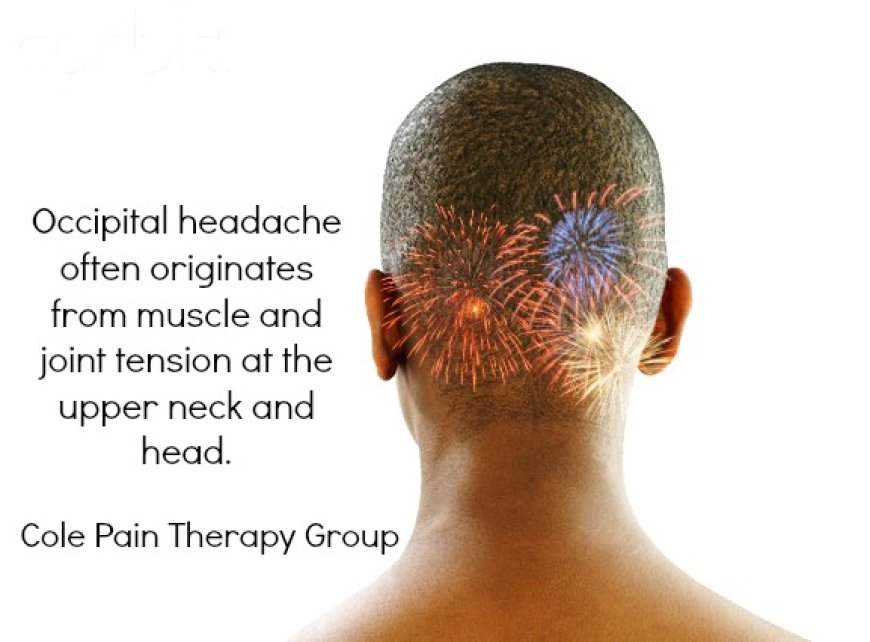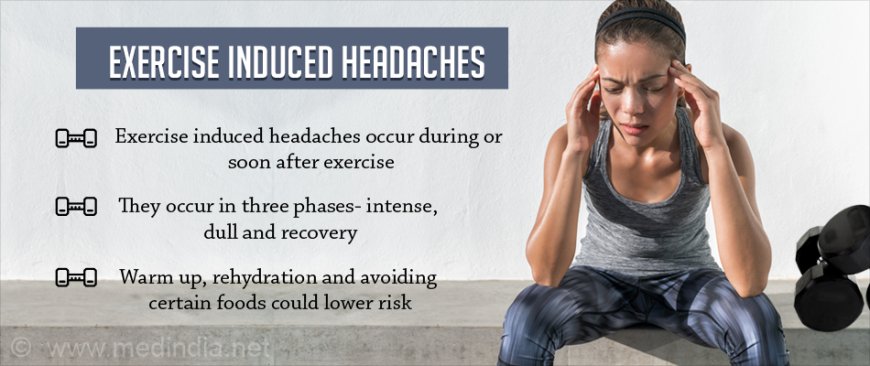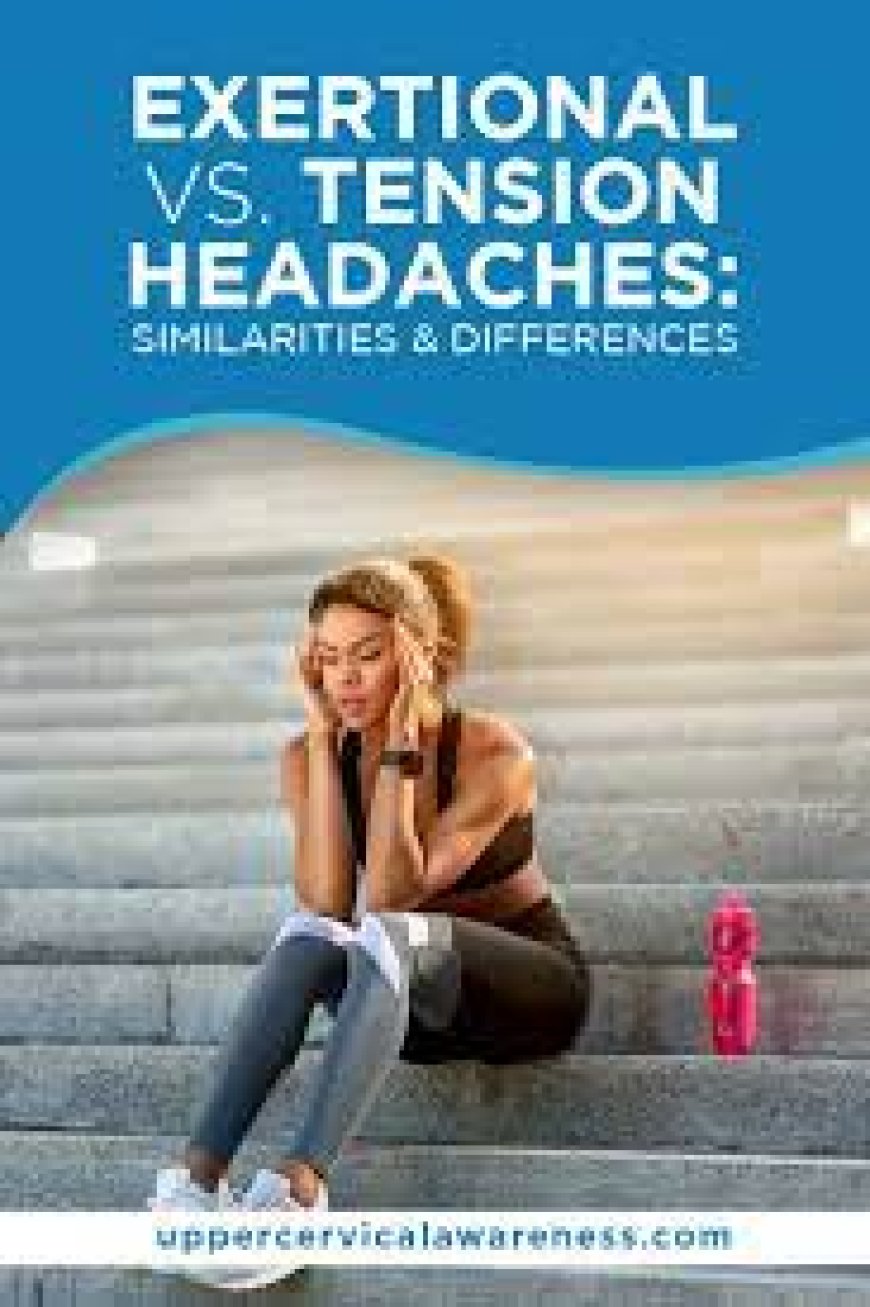How To Diagnose Exercise Headaches
Don't let exercise headaches keep you from your workouts. Learn about the causes, symptoms, and effective treatments for exercise-induced headaches on our comprehensive guide.
What is an exercise headache?
Exercise headaches are a type of headache that can occur during or after strenuous physical activity. Although they are usually harmless, some exercise headaches may be a symptom of a more serious underlying condition. This article will cover the causes, symptoms, prevention, and treatment of exercise headaches.
Causes of Exercise Headaches
The exact cause of exercise headaches is unknown, but they're believed to be triggered by the following factors:
- Increased blood flow: During exercise, the blood vessels in your brain dilate, causing an increase in blood flow, which can lead to a headache.
- Dehydration: Dehydration can cause the brain to shrink, leading to tension and headaches.
- Low blood sugar: Low blood sugar can cause headaches during exercise, especially if you're not eating enough carbohydrates.
- Muscle tension: Physical exertion can cause muscle tension in the neck and scalp, which can lead to headaches.
- Cardiovascular disease: Individuals with cardiovascular disease are more prone to exercise headaches.
Symptoms of Exercise Headaches
Exercise headaches are characterized by the following symptoms:
- Throbbing pain on both sides of the head
- Pain that intensifies with physical activity
- Pain that lasts for a few minutes to several hours
- Nausea
- Vomiting
- Dizziness
- Sensitivity to light and sound
- Vision changes
When to See a Doctor
If you experience a headache during or after exercise, it's important to consult your healthcare provider. Call your provider right away if the headache begins abruptly or if it's your first headache of this type. Seek emergency medical attention if your exercise headache is accompanied by symptoms such as vomiting, loss of consciousness, double vision, or neck stiffness.
Risk Factors for Exercise Headaches
If you exercise in hot weather, at high altitude, or have a personal or family history of migraines, you may be at greater risk of exercise headaches. To prevent exercise headaches, avoid exercising in hot and humid weather or at high altitudes, and warm up before strenuous exercise. Some people may experience exercise headaches only during certain activities, and they can prevent headaches by avoiding those activities.
Diagnosis of Exercise Headaches
Your healthcare provider will likely recommend an imaging test, especially if your headaches last more than a few hours, strike suddenly like a thunderclap, you're older than age 40, or you have other signs and symptoms such as nausea, vomiting, or vision disturbances. Imaging tests such as Magnetic resonance imaging (MRI), Magnetic resonance angiography (MRA), and computerized tomography (CT) angiography, and CT scan can help identify the type of exercise headache and determine if there is an underlying issue.
Treatment for Exercise Headaches
The treatment for exercise headaches depends on the underlying cause. Here are some effective treatment options:
1. Rest - Taking a break from exercise can help alleviate the symptoms of exercise headaches.
2. Hydration - Drinking enough water before, during, and after exercise can help prevent dehydration and exercise headaches.
3. Medications - Over-the-counter pain relievers, such as ibuprofen, can help alleviate the symptoms of exercise headaches.
4. Warm-up and cool-down: Stretching and warming up before exercise and cooling down afterward can help prevent muscle tension and reduce the risk of exercise headaches.
5. Lifestyle Changes - Eating a healthy diet, getting enough sleep, and reducing stress can also help prevent exercise headaches.
You can continue your fitness routine without any hindrance. If you're experiencing exercise headaches, it's essential to consult your doctor to rule out any underlying medical condition. Once your doctor confirms that the headaches are exercise-induced, they may recommend treatment options that work best for you.
It's also crucial to listen to your body and not push yourself too hard during physical activity. If you experience any unusual symptoms, such as severe or persistent headaches, nausea, or dizziness, stop exercising immediately and seek medical attention.
Furthermore, it's essential to adopt a healthy lifestyle that includes a well-balanced diet, adequate sleep, and stress management. These lifestyle changes can reduce the risk of exercise headaches by maintaining overall good health.
Incorporating activities such as yoga or meditation can also help manage stress levels, which can contribute to headaches during exercise. It's crucial to make exercise a positive experience that contributes to your overall well-being rather than a source of pain and discomfort.
Prevention of Exercise Headaches
Here are some simple tips to help prevent exercise headaches:
1. Warm-up - Doing a warm-up routine before exercise can help prevent exercise headaches.
2. Hydration - Drinking plenty of water before, during, and after exercise can help prevent dehydration and exercise headaches.
3. Proper Breathing - Proper breathing techniques during exercise can help prevent exercise headaches.
4. Gradual Progression - Gradually increasing the intensity of your workouts can help prevent exercise headache.
Conclusion
Exercise headaches are a type of headache that can occur during or after strenuous physical activity. While primary exercise headaches are usually harmless and can be prevented with medication, secondary exercise headaches can be a symptom of a more serious underlying condition that may require emergency medical attention. If you experience exercise headaches, consult your healthcare provider to determine the cause and develop a treatment plan.
What's Your Reaction?












































